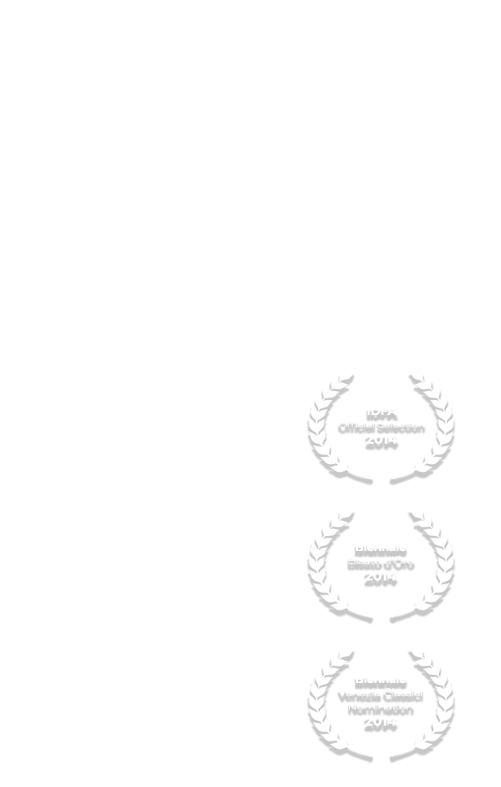
The Weimar Republic, from 1918 to 1933, was the freest state on German soil; a wild era characterized by political disruption, economic crisis and cultural brilliance. It was also the most important period of German cinema, even to the present day. The aesthetic foundations were laid for the “seventh art”; Weimar’s directors like Murnau, Lang, Lubitsch, Pabst, Sternberg and Ruttmann are still legendary today, and its stars are unforgotten.
Cinema concentrated many tendencies of the period after the First World War: a latent fear of destruction in German society as it danced on a volcano, between hedonist lust and inevitable crisis – an explosive mixture. Siegfried Kracauer described this epoch in Von Caligari zu Hitler, the best-known of German film books to date. It tells of world war trauma, the fear of crisis, and the longings for a leader in German film – in other words: the way in which film presaged the era of totalitarianism and anticipated its events.
What does cinema know that we don’t?
Suchsland’s film investigates this question, tracing the diversity and riches of this film epoch. He shows that Weimar cinema was far more than Expressionism. It reflected the new possibilities, the sense of departure in a young republic.
Distribution
Bettina Offermann | distribution@looks.film
WIDE HOUSE | www.widehouse.org
Executive Producer
Gunnar Dedio
A co-production by
ZDF/Arte, Murnau-Stiftung, Transit Film
Author & Director
Rüdiger Suchsland
Creative Producer
Martina Haubrich
Funding
BKM, DFFF, Filmförderung Hessen


